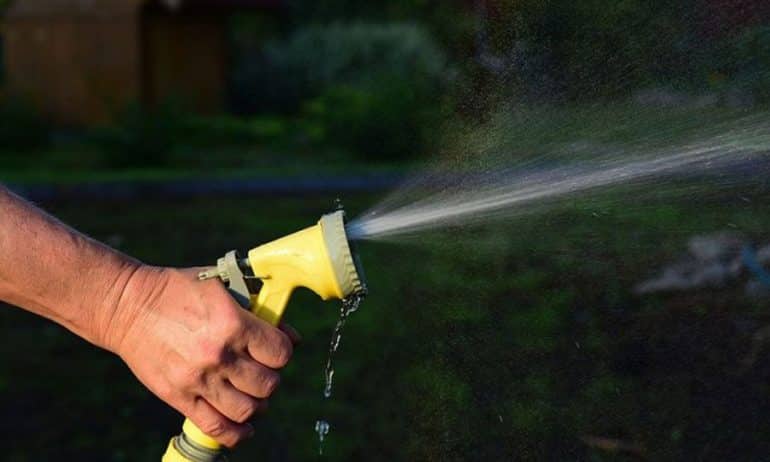From today, Wednesday, the ban on the use of watering cans for the 15 million customers of Thames Water, the water company of Greater London and the surrounding areas, comes into force.
The ban was announced by the company a week ago due to "unprecedented weather conditions".
London and south-east England, like most of the rest of the UK, has faced prolonged periods of heatwave conditions and historically low rainfall this year, leading to official drought declarations by the authorities.
The ban means residents must not use a hose connected to the main water supply. Therefore watering gardens or plants, filling children's plastic pools, washing cars at home, cleaning windows, walls and yards or activities such as boules and rubber water slides are not allowed.
Buckets of water or watering cans can be used for all of the above, but Thames Water has stressed that "every drop counts".
In its statement last week the company said: “We are working around the clock to provide water for everyone and our customers are great at saving water where they can. But with low rainfall forecast in the coming months we now need to take the next step in our drought response plan."
Hose bans have already been put in place by water companies in other parts of England and Wales. In total, at least 24 million inhabitants of the country are now under water consumption restrictions.
Violation of the ban attracts a fine of one thousand pounds.
A drought has been declared in ten of England's 14 regional units, after the driest July since 1935 and with the amount of rain below average for ten of the past twelve months.
The Environment Agency warned on Tuesday that England now faces the specter of drought conditions well into 2023, although this autumn and winter will be marked by unusually low rainfall. However, the statement stressed, water levels in rivers and other resources remain "extremely low".
KYPE
